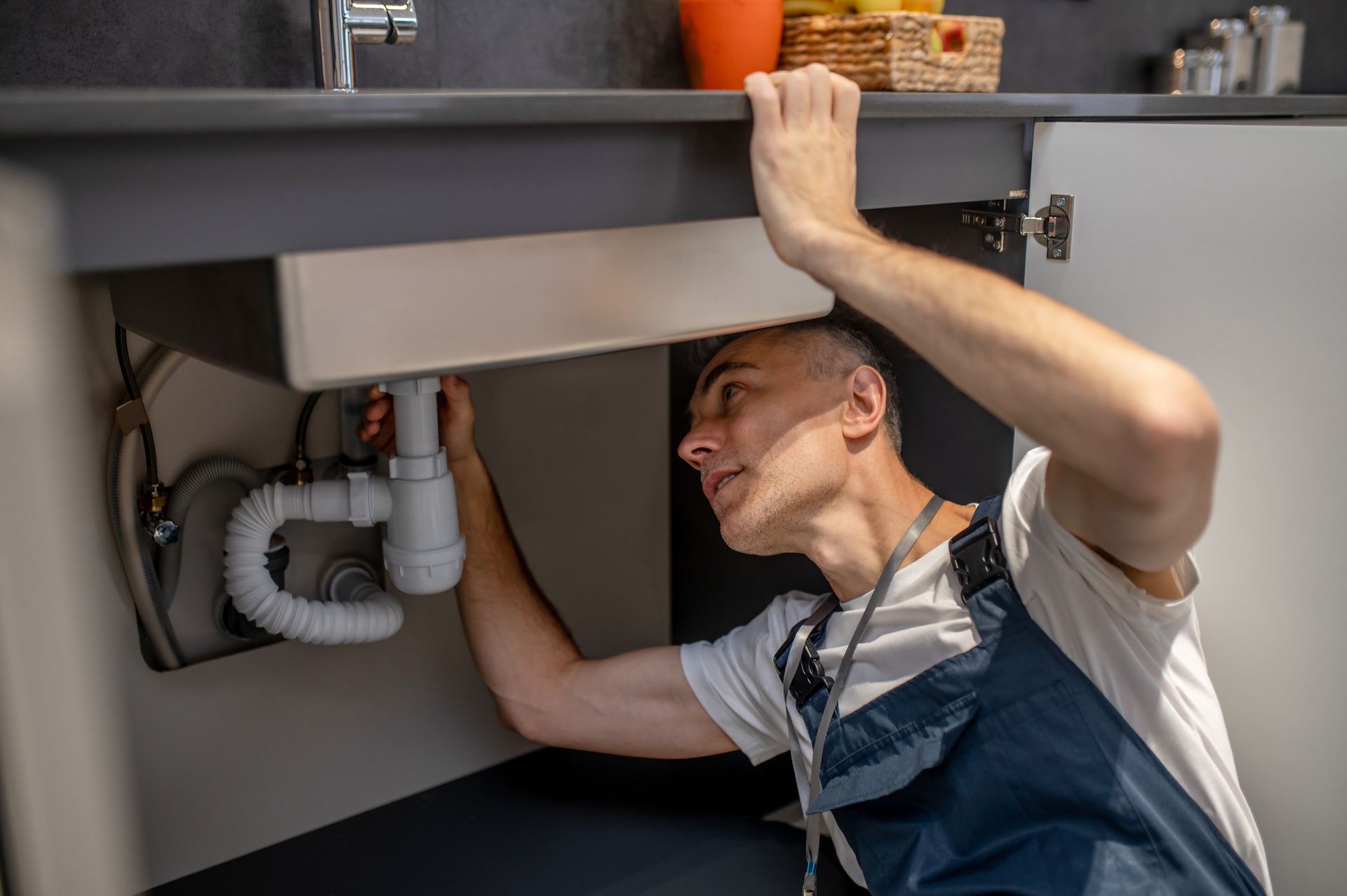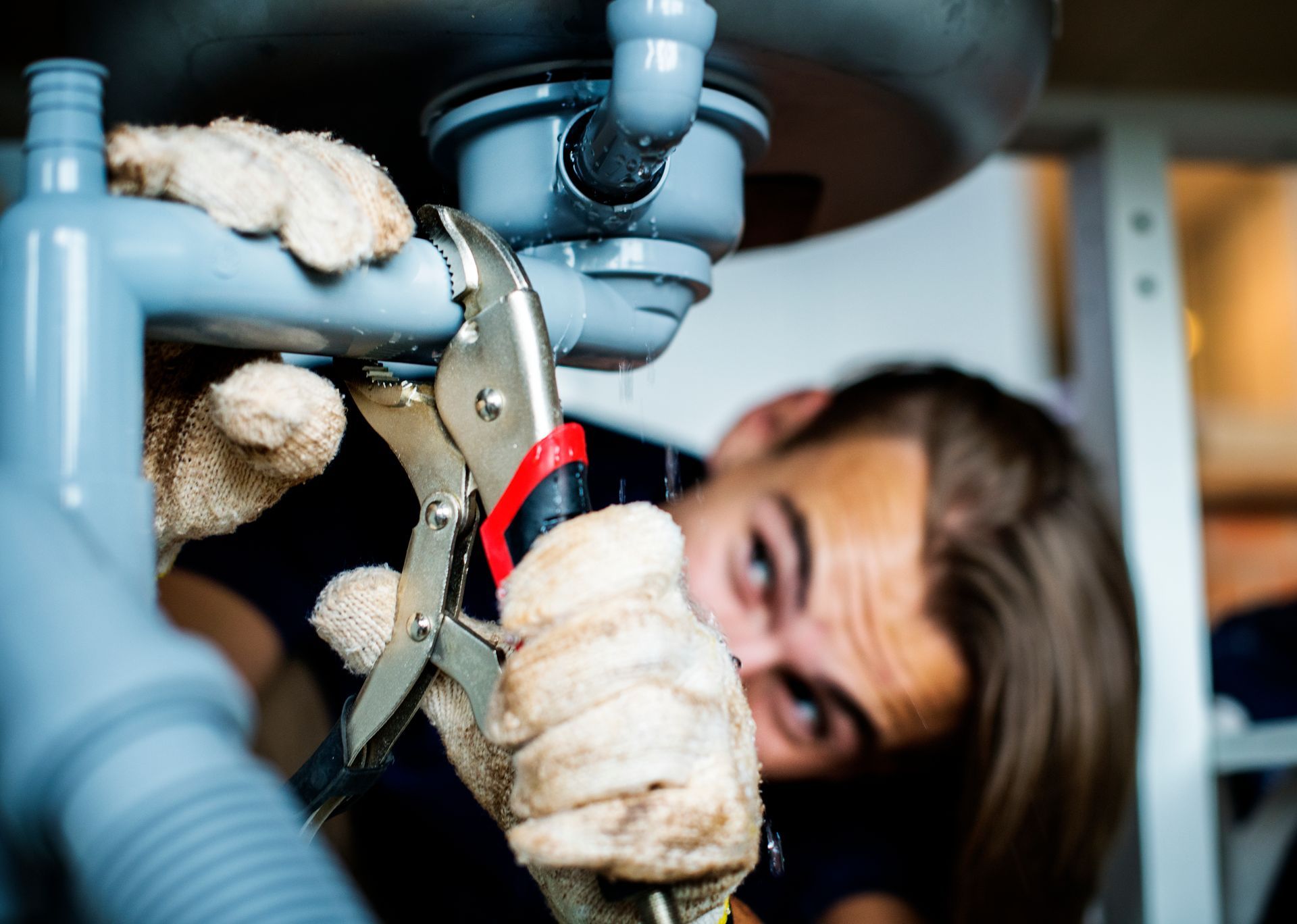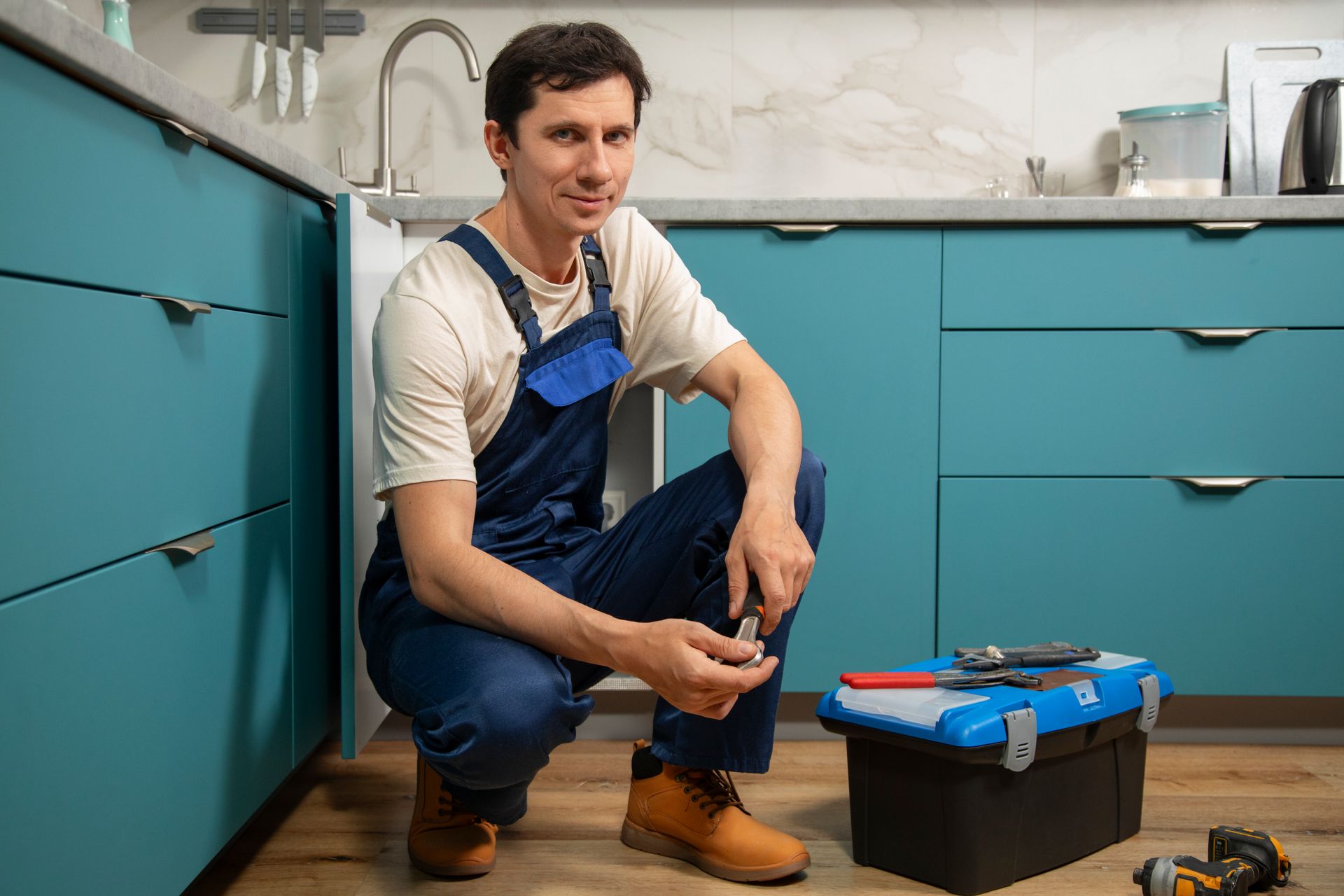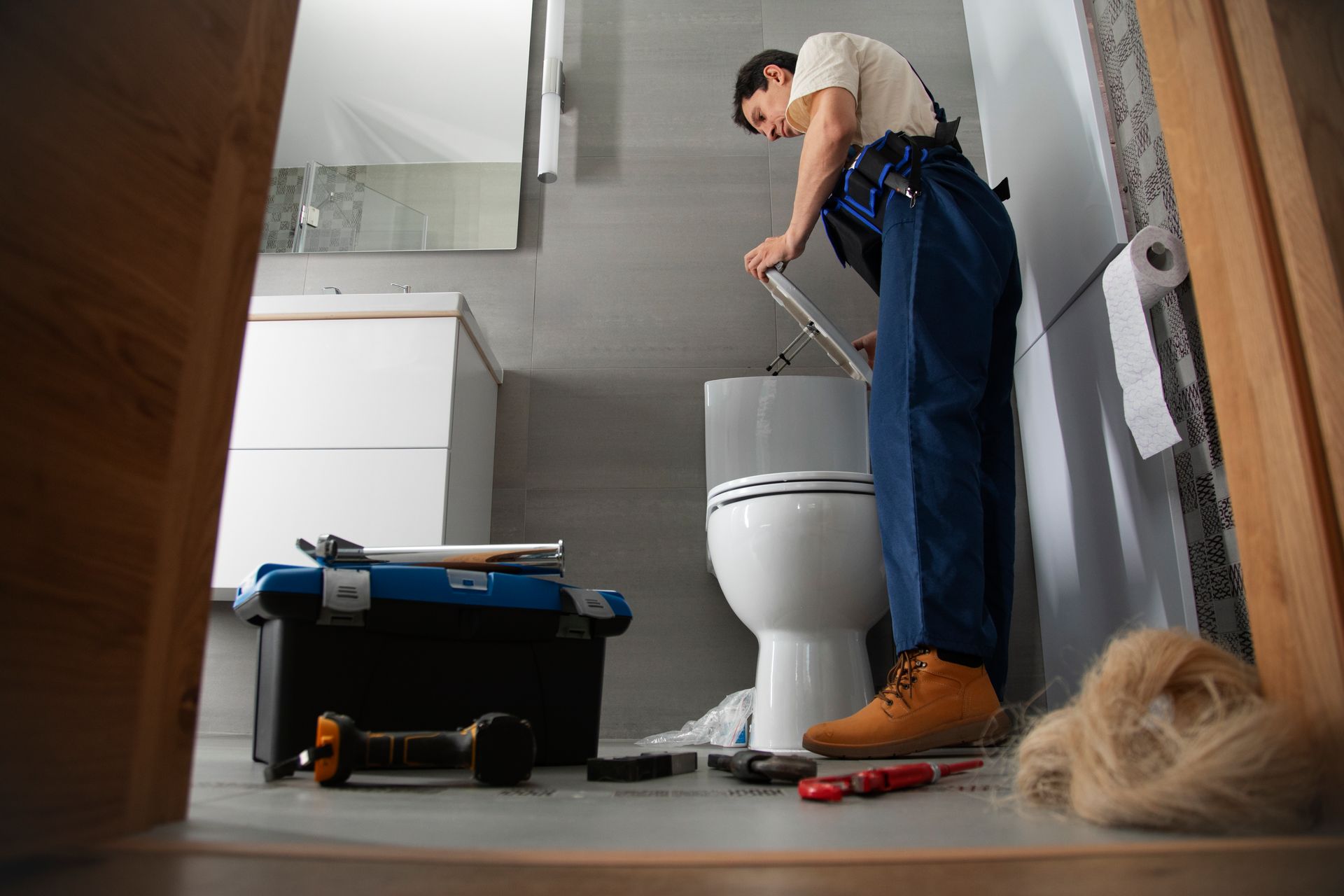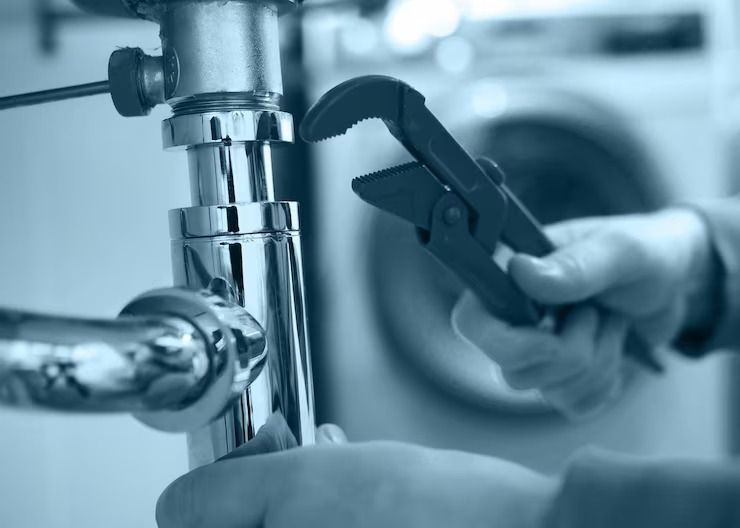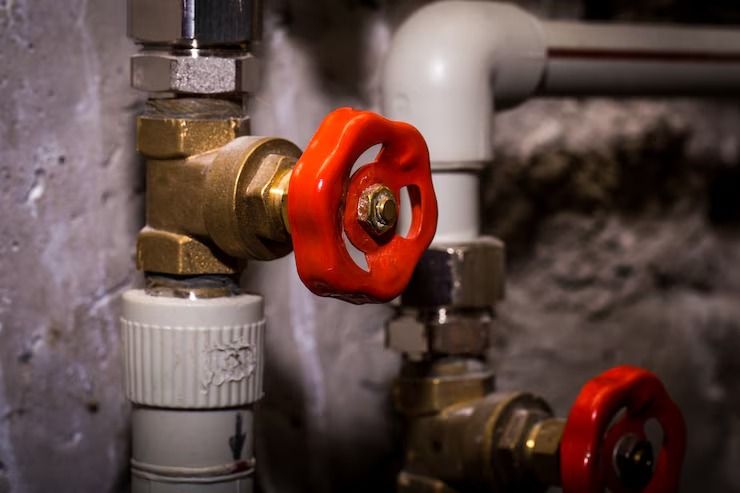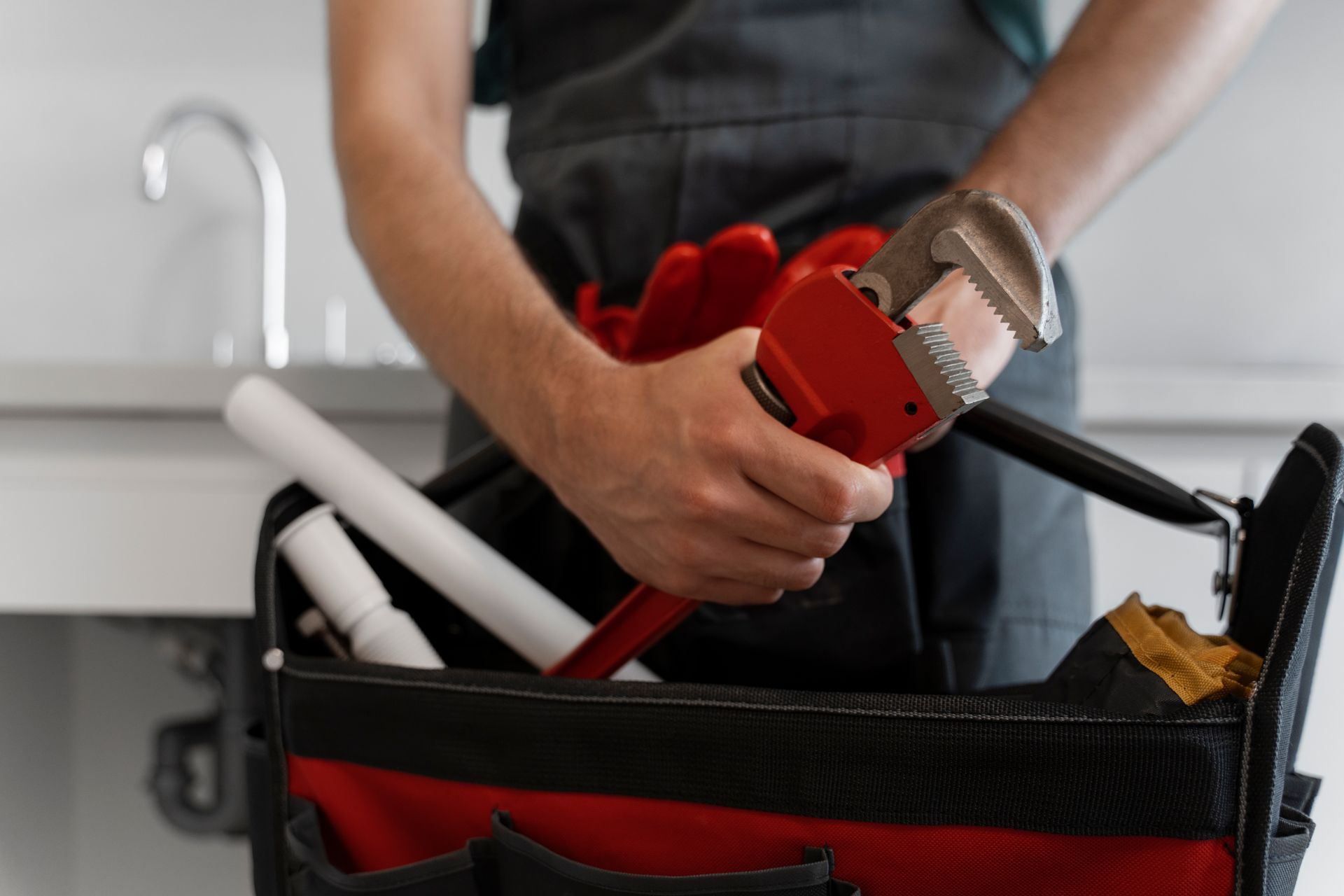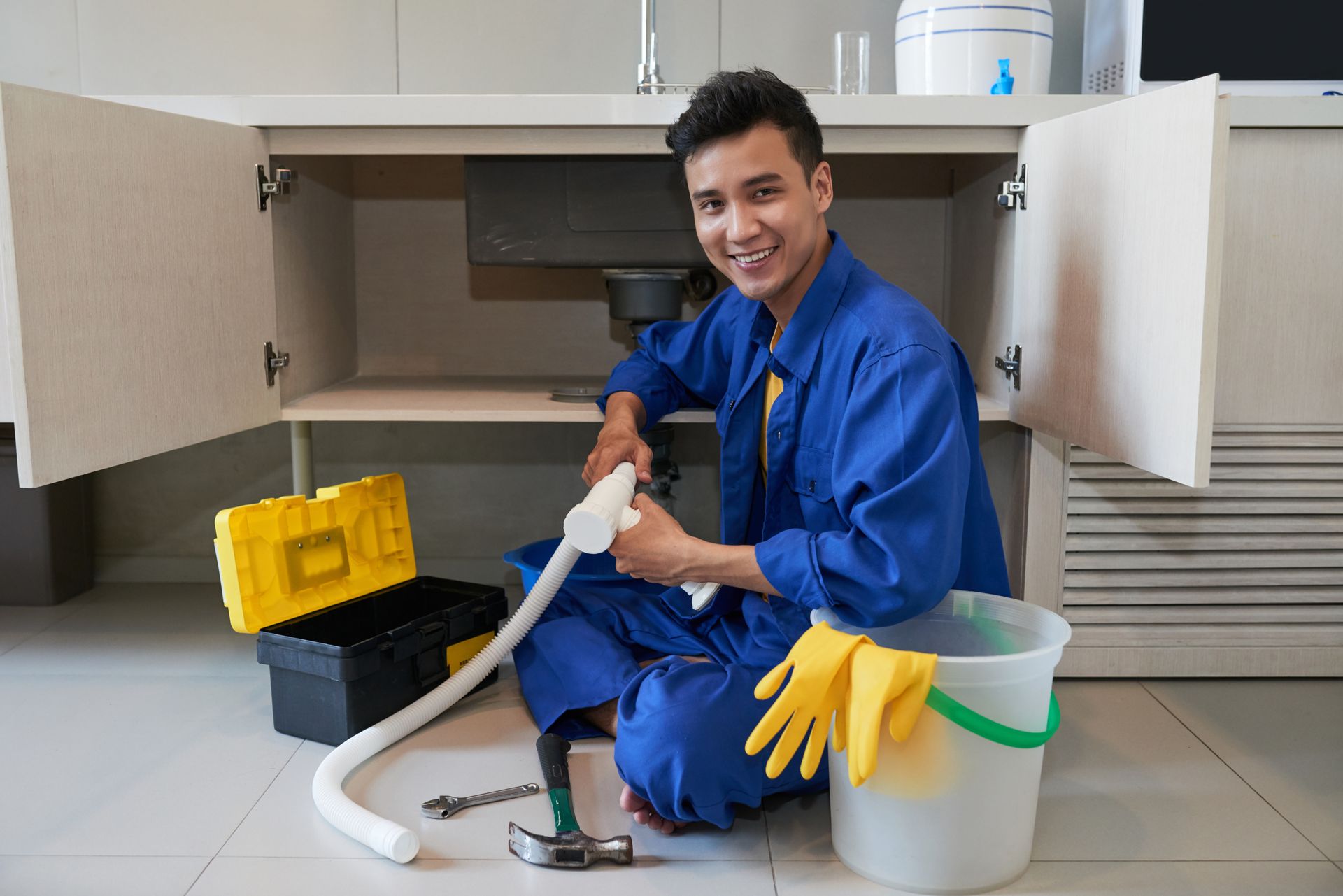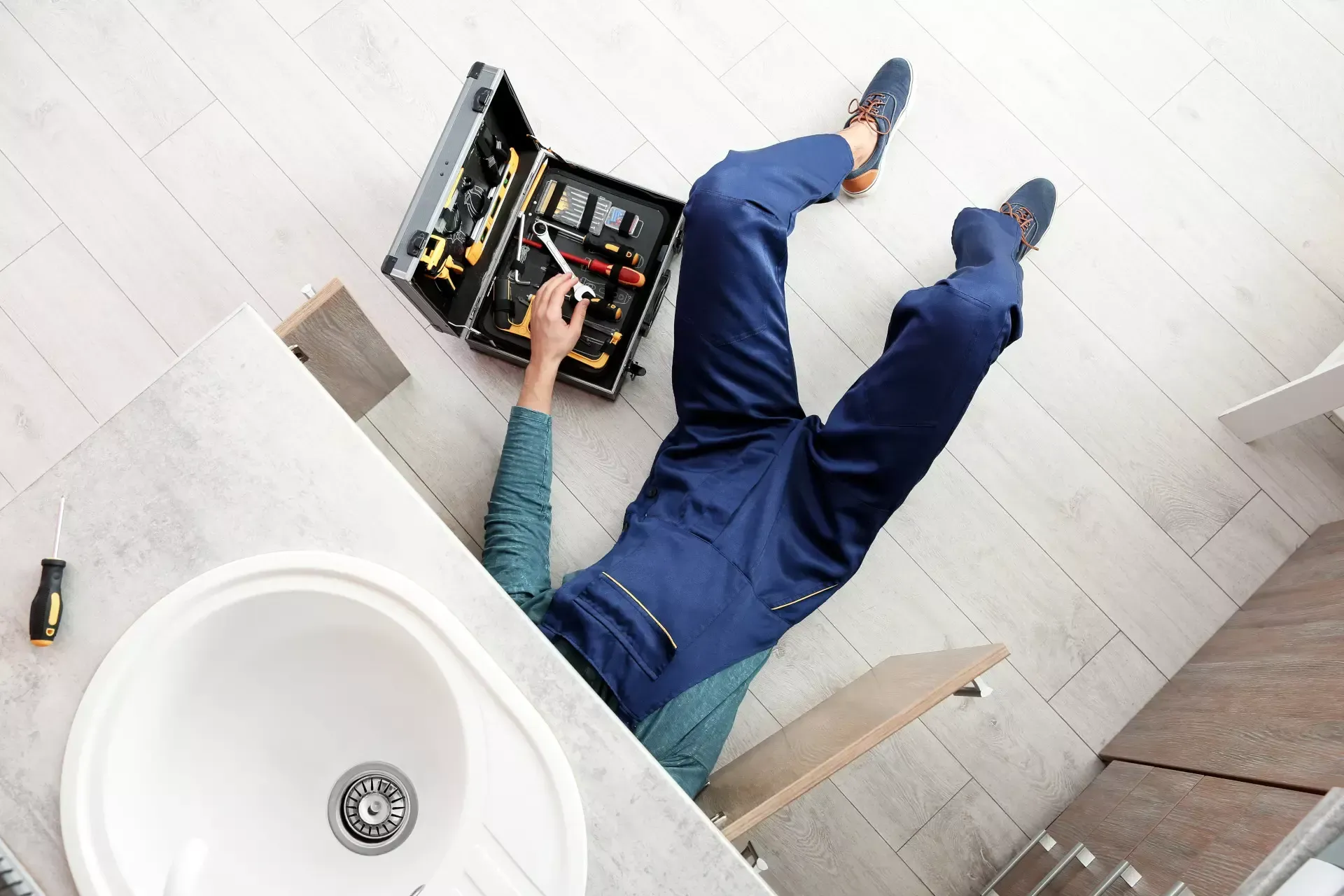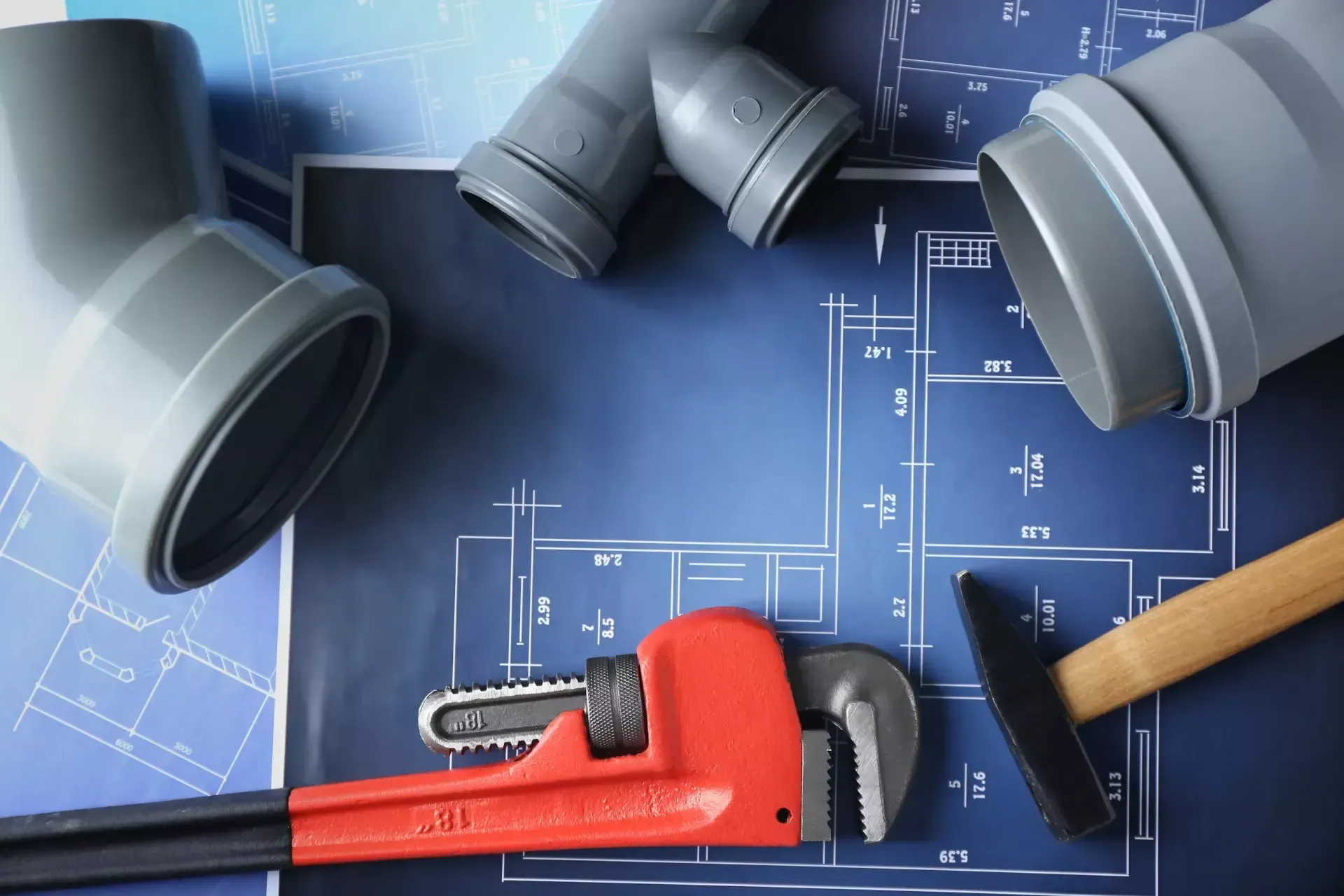The Best Plumbing Tips Every Homeowner Should Know
Plumbing issues are something every homeowner will face at some point, and knowing how to handle them can save you time, money, and stress. Whether it's a leaky faucet, a clogged drain, or a more serious
pipe problem, being prepared can make all the difference. Many simple plumbing problems can be fixed with a few basic tools and a little know-how. Understanding the essentials of your plumbing system helps you avoid costly repairs and extends the life of your home’s infrastructure. In this blog, we’ll share practical, easy-to-follow plumbing tips that will empower you to take charge of common household issues. Get ready to tackle plumbing challenges with confidence!
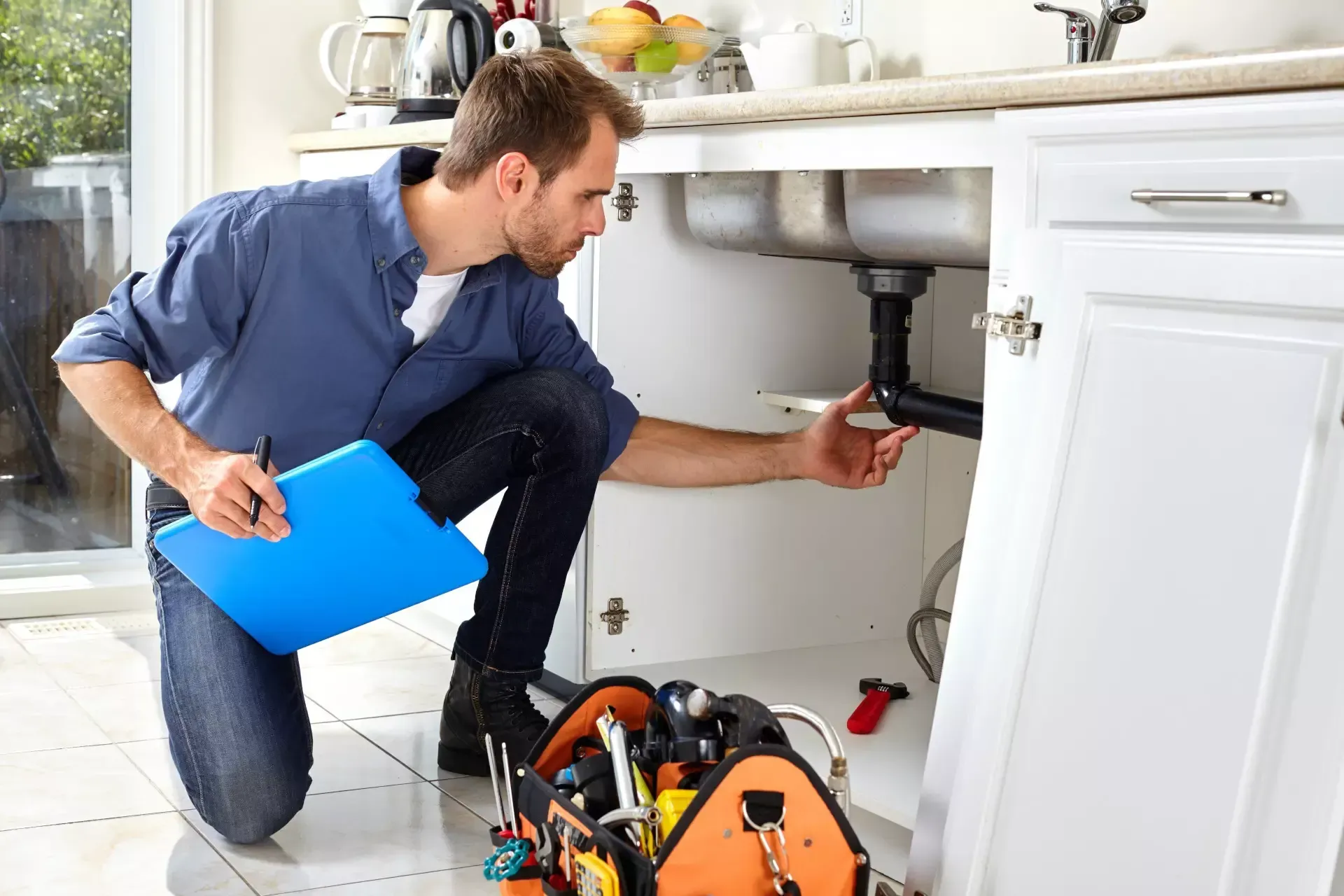
Quick Fixes for Common Plumbing Issues You Can Handle Yourself
Many plumbing problems can be resolved without the need for a professional. Simple issues like a running toilet or a leaky faucet are often caused by worn-out parts or minor blockages. By learning a few basic repair techniques, you can solve these problems yourself and avoid the hassle of waiting for a plumber. Common tools like a wrench, plunger, or pipe sealant can go a long way in handling small leaks or unclogging drains.
Additionally, knowing how to perform these minor repairs can give you confidence in tackling larger problems before they worsen. For example, fixing a slow drain early can prevent a complete clog, saving you time and money. By familiarizing yourself with these quick fixes, you’ll gain control over your home’s plumbing system and feel empowered to address minor issues before they turn into major headaches.
How to Prevent Costly Plumbing Emergencies with Simple Steps
Preventing plumbing emergencies begins with understanding the vulnerabilities in your home’s system. Regular maintenance, such as inspecting pipes for leaks, checking water pressure, and replacing worn-out hoses, can prevent most issues. Additionally, avoid putting grease, food scraps, or non-biodegradable items down your drains to minimize the risk of blockages. Taking these steps ensures that minor issues don’t escalate into costly repairs
Another key to avoiding emergencies is to be aware of seasonal risks, such as frozen pipes in the winter. Insulating exposed pipes, especially in unheated areas like basements and attics, can prevent the sudden disaster of burst pipes. Also, maintaining the right water pressure and avoiding DIY fixes on complex problems can help you steer clear of bigger issues. By implementing these preventive measures, you’re safeguarding both your plumbing system and your wallet from unexpected disruptions.
Essential Tools Every Homeowner Should Keep for Plumbing Repairs
Having the right tools at your disposal can make all the difference when it comes to handling plumbing repairs. A basic plumbing toolkit should include a pipe wrench, plunger, adjustable wrench, and a pipe cutter. These tools are essential for tightening fittings, removing clogs, and cutting through pipes when necessary. A drain snake is another useful tool to have on hand to tackle stubborn blockages that a plunger may not clear.
Along with these fundamental tools, it’s important to have sealing tape, plumber’s putty, and replacement washers for quick fixes on leaks or minor faucet repairs. These simple items can prevent small leaks from becoming big problems, saving you time and money. Keeping your plumbing toolkit organized and easily accessible ensures you're ready to address issues promptly. Having these essential tools in your home helps you feel confident in your ability to tackle most plumbing challenges without needing to call for professional help.
When to Call a Plumber: Recognizing the Signs You Need Professional Help
While DIY plumbing solutions can save time and money, there are situations when calling a professional plumber is the best choice. If you notice persistent low water pressure, unexplained water damage, or hear strange sounds coming from your pipes, it’s time to seek expert help. These signs often indicate underlying issues that require the attention of a trained professional, such as hidden leaks or deteriorating pipes. Attempting to fix these problems on your own can lead to further damage or complications, making it more costly to repair in the long run.
Additionally, plumbing problems that involve the main sewer line or require permit approvals should always be handled by professionals. Issues like sewage backups, flooding, or large-scale pipe repairs often involve complex systems that require specialized knowledge and tools. Don’t risk worsening the situation—trust an experienced plumber to diagnose and fix the issue safely and efficiently.
Step-by-Step Guide to Unclogging Drains Without Harsh Chemicals
Unclogging drains doesn’t have to involve harsh chemicals that can damage your pipes and harm the environment. One effective method is to use a plunger, which can break up most blockages in a matter of minutes. For stubborn clogs, a drain snake or auger is an excellent tool to physically remove debris from the pipes. Simply insert the snake into the drain and twist until the blockage is cleared. In some cases, a mixture of baking soda and vinegar can work wonders by breaking down the clog naturally without any harmful effects.
If these methods don’t work, it’s time to look deeper into the problem. You might need to remove the drain trap under your sink to access the clog directly. If you’re not comfortable taking apart plumbing components, it’s a good idea to call in a professional plumber. Regularly cleaning your drains with hot water, vinegar, or baking soda can also help prevent future clogs.
Protect Your Pipes: Tips for Preventing Freezing and Burst Pipes
Frozen pipes are one of the most common plumbing emergencies, especially in colder climates. To protect your pipes during winter, begin by insulating any exposed pipes, especially those in unheated areas like basements, attics, or crawl spaces. Use foam pipe insulation or heat tape to keep the pipes warm and prevent them from freezing. During particularly cold spells, allowing a small trickle of water to flow through your pipes can help prevent freezing by keeping the water moving.
It’s also important to know how to shut off your water supply in case a pipe does freeze or burst. Familiarizing yourself with the location of your main shutoff valve ensures you can quickly stop water flow if a pipe breaks. Keeping your thermostat at a consistent temperature, even when you’re away, helps maintain warmth in the pipes.
How to Maintain Your Water Heater for Longevity and Efficiency
Water heaters are an essential part of your home, and maintaining them properly can extend their lifespan and keep your energy bills in check. One of the most important tasks is to flush your water heater once a year to remove sediment buildup. This buildup can reduce efficiency, making your heater work harder and consume more energy.
Another key to maintaining your water heater is checking the temperature setting. Keep it at around 120°F to prevent overheating and energy waste. Inspecting the anode rod regularly helps protect the tank from rust and corrosion, prolonging its life. Regularly checking for leaks, unusual noises, or fluctuating water temperatures can help you identify potential problems early on.
Simple DIY Plumbing Solutions for Homeowners on a Budget
Not all plumbing problems require expensive repairs or professional help. Many issues can be resolved with a few simple DIY solutions that won’t break the bank. For example, a clogged sink can often be cleared using a plunger, drain snake, or a simple homemade solution of baking soda and vinegar. These methods are inexpensive, safe, and effective for tackling minor blockages without the need for harsh chemicals or costly plumbing services.
For leaky faucets or running toilets, replacing worn-out washers or valve seals can make a big difference. These small, inexpensive parts are easy to replace and can stop leaks that waste both water and money. Additionally, keeping up with regular maintenance tasks like cleaning out gutters and checking for leaks can prevent bigger issues down the line.
Conclusion
Plumbing problems don’t have to be stressful if you’re prepared. By following these simple tips and taking care of your plumbing system, you can avoid costly repairs and keep your home running smoothly. Whether it’s learning how to handle small clogs, maintaining your water heater, or knowing when to call a pro, staying proactive is key. Taking these steps not only saves money but also ensures your plumbing system stays in top shape for years to come.
If you need help with plumbing issues, Plunger Plumber is here for you. Reach out to our Cleveland team at (216) 399-7569 for expert service and advice. We’re ready to handle all your plumbing needs with care and precision!
Ready to work with Plunger Plumber?
Let's connect! We’re here to help.
Send us a message and we’ll be in touch.
Or give us a call today at (216) 616-1468

